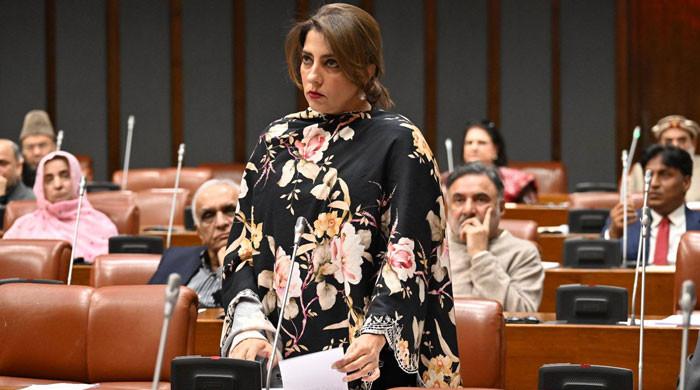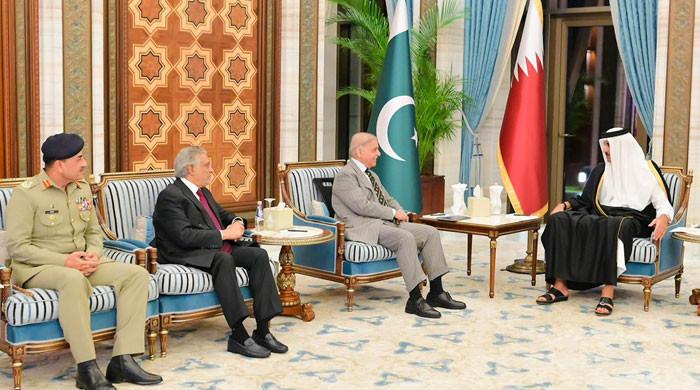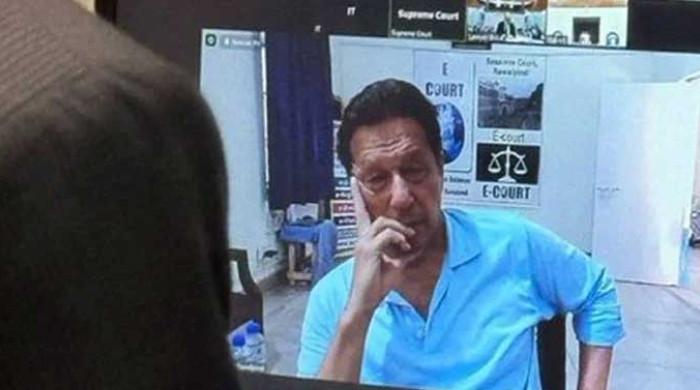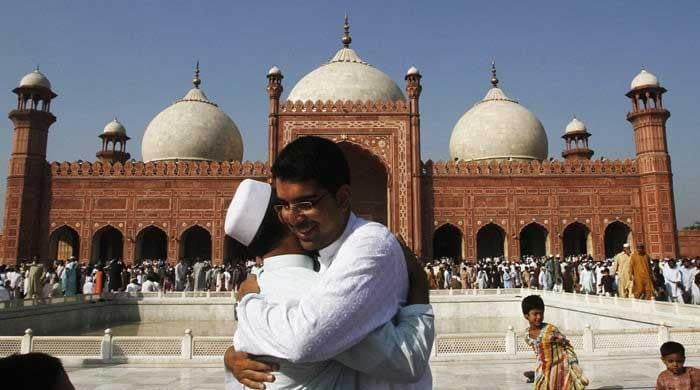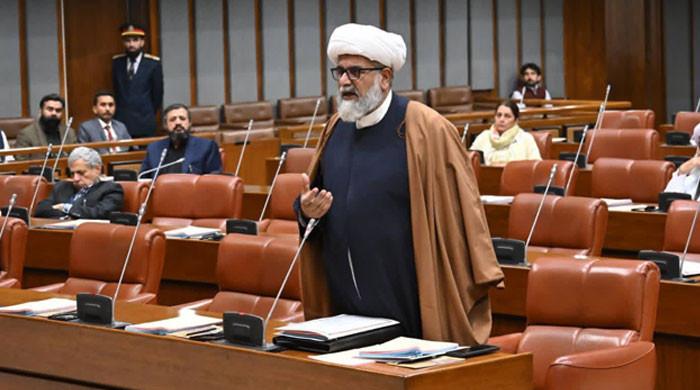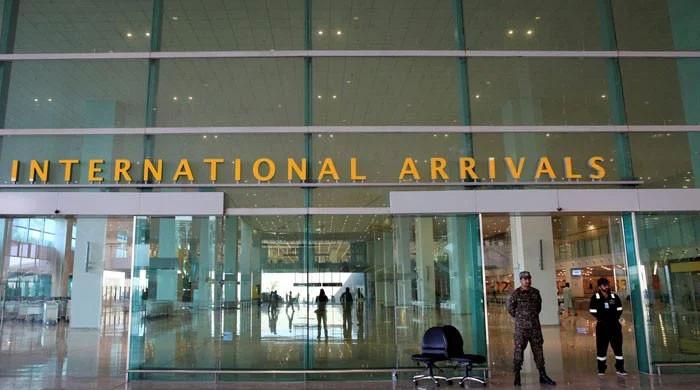Attorney General to represent Pakistan in Kulbushan case
All stakeholders are on the same page, says AG Ashtar Ausaf Ali
May 20, 2017
ISLAMABAD: Attorney General Ashtar Ausaf Ali on Saturday announced that he would represent Pakistan in the Kulbushan Jadhav case in the International Court of Justice (ICJ).
Ausaf said that the country’s defence against India’s case before the ICJ was prepared by the government in consultation with all stakeholders, including the military establishment.
Talking to The News on Friday, the AG said that the lawyer who defended Pakistan’s case before the ICJ has not only represented Pakistan in international arbitrations in the past, but was also cleared by the army and intelligence agencies to fight this highly-sensitive case.
Read more: ICJ stays execution of Indian spy Jadhav pending final decision
The lawyer, Barrister Khawar Qureshi, was paid 50,000 Sterling Pounds. However, as against the Pakistani counsel, the Indian lawyer charged only one Indian rupee for his services.
Referring to the Government of Pakistan’s March 2017 declaration in relation to the jurisdiction of the ICJ, Ausaf said that the ongoing propaganda on the issue was misplaced and not factual.
“The correct position is that Pakistan had signed off to an unconditional declaration to agree to the jurisdiction of the ICJ way back in September 1960. In March 2017, we made a declaration of exceptions reservations, and conditions,” the attorney general said.
He said that the original -- 1960 declaration -- was without reservations and exceptions. Pakistan prior to March 2017 had signed up to an ipso facto compulsory jurisdiction of the ICJ. “In plain words, we had made no exceptions or reservations before,” he explained.
Ausaf said that the impression given off is as if we [Pakistan] agreed to compulsory jurisdiction of the ICJ in March 2017 with a sinister motive. “This is not true,” he said, adding, “we had become signatory to a declaration of submission to jurisdiction without any exceptions in September 1960."
In March 2017, he said, Pakistan created the firewalls, including the one relating to security of Pakistan for the first time. Even otherwise, he explained that in the present case, the ICJ is not looking at this aspect of the matter.
Read more: Who is Kulbhushan Jadhav?
“They are looking at the Vienna Convention and the optional protocol to the convention. India and Pakistan both are signatories to this. The optional protocol invests the ICJ with powers and jurisdiction to decide disputes between member states.
The ICJ is looking at this aspect and not the one being referred to on the social network and the electronic media,” the attorney general said.
He said that there was no design or sinister motive behind the conditional reservation made in March this year. If we were to withdraw this declaration, we would have to go back to 1960 declaration which gives jurisdiction without exceptions, he maintained.




